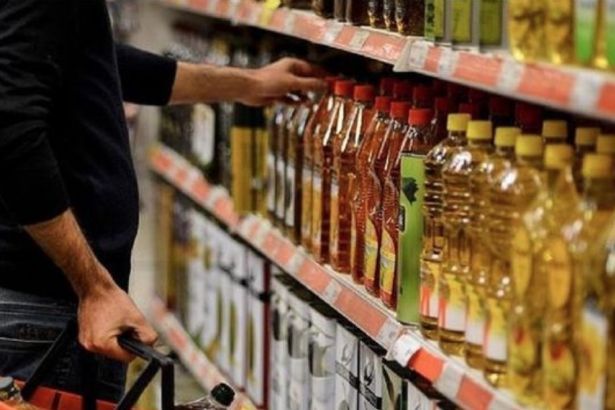Turks get poorer as inflation skyrockets

The foreign-dependent structure of Turkey’s economy is causing the capitalist government to “gape” at the rise in inflation. Murat Çetinkaya, Director of Turkey’s Central Bank (TCMB), had announced that the wages would rise depending on the expected inflation rate in 2019, not the inflation outturn of 2018, thus indicating that the only “solution” was to suppress wage rises – for the expected inflation rate for 2018 was 8,4%, and then went up to 13,4%, which is also expected to happen for the next year’s inflation rate.
The picture has got clear in the first 7 months of 2018: The cost inflation, which has gained clarity with the increase in producer price now reaching 25%, indicates a dilemma of a highly-foreign-independent economy rather than a “heating” one.
The inflation data of the Turkish Statistical Institute (TÜİK) on June 2018 showed that the increase was 15,39% in consumer prices, and 23,7% in producer prices. The events in commodity prices in July, especially in exchange rates and crude oil and the increase in prices of unprocessed agricultural products indicated that the increase in inflation would continue. TCMB Director Murat Çetinkaya had also explained on July 31 that the expected inflation rate for the end of 2018 was raised to 13,4%.
The TÜİK announced the July data on inflation on August 3, which shows that the Consumer Price Index (CPI) has raised 15,85% compared to last year’s same month, and 0,55% compared to the last month. The Domestic Producer Price Index (DPPI), on the other hand, has been recorded 25% higher than last year, and 1,77% than the last month.
While food prices have increased 19,40% compared to the last year, the increase in transportation prices was 24,21%. On the monthly basis, however, the highest increase in CPI was in the group of restaurants and hotels with 2,26%, which is followed by household goods with a 1,82% increase, entertainment and culture with 1,62%, healthcare with 1,20%, and housing with 1,10%.
The DPPI has increased by 25,28% in the manufacturing industry. It is also seen that the increases in key sectors are high compared to the same month of the last year. The price increase in coke and refinery products was 85,27%, the increases in base metal, wood products, and chemicals were 50%, 35%, and 32% respectively. Increases were over 20% in machinery and fabricated metal products.
Considering the sub-sectors on a monthly basis, the highest increase compared to the last month was in tobacco products with 11,09%, followed by paper and paper products with 3,84%, and chemicals with 3,45%.
The Petroleum Pipeline Corporation (BOTAŞ) had been subverting in natural gas, and not reflecting the price increase in natural gas supply as a result of the increase in the prices of crude petrol. Though the subvention was reflected eventually on the public budget and tax-payers, it was not included directly in inflation calculations. The price of natural gas has been raised by 49,5% for power plants producing electricity from gas, 9-14% for the general consumer, and the price of electricity has also been raised by 14-9%, starting from August 1.
Though it seems to affect the DPI by only 1 point, it is indicated that, depending on the production scales of the sectors with high amounts of natural gas and electricity consumption, the rises in question might have a larger impact on the DPPI, which also means that the cost inflation rate will continue to rise, and the DPI will rapidly reach an increase of 20%.



